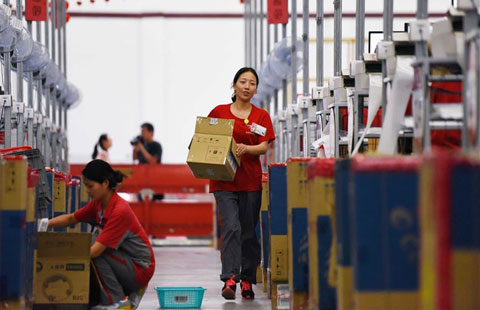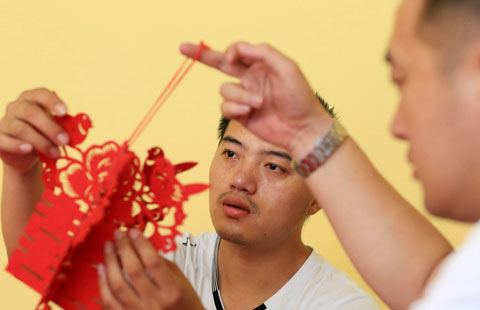Giving China's wine-bottling ways a twist
By Lu Chang (China Daily) Updated: 2012-11-16 17:17Perlo knows switching from corks to screw caps is a tough decision for a winery, but he says Grace's move is a good start and it means wine producers are listening to consumers and trying to put the best wine in the hands of Chinese consumers.
But Perlo admits that it hasn't been easy for wine producers in China to switch from cork.
At the moment Perlo is focusing the company's business on bottle closures for China's spirit industry, namely baijiu, a clear liquor distilled from grains including sorghum and rice.
He says the company's first contact with Chinese baijiu brands came in 1996 at a European spirit exhibition, during which Wuliangye and Moutai, the top Chinese baijiu brands, were looking for caps that would make it difficult for unauthorized producers to refill their bottles with fake spirits.
"It was them who contacted us because no Chinese packaging company had the technology of making non-refillable caps at that time to prevent people from refilling fake liquor in a restaurant or in a bar," Perlo says.
Since the exhibition, Perlo, who has been directly responsible for the company's Beijing office since 1998, has added several major baijiu brands such as Swellfun, now controlled by Diageo; Gujinggong, Langjiu and Wuliangchun.
"Packaging is something very important for distillers, especially when faking has become a serious problem in China," he says.
"Since we are specialized in the closure industry, we can give all the protection our clients need for their spirit."
In 2002, Perlo set up a plant in Beijing's Huairou district, an hour's ride from the center of the city and home to many food and beverage companies such as Mars, Red Bull and Coca-Cola.
Perlo also opened another office in Chengdu, Southwest China's Sichuan province, where many famous baijiu brands, such as Wu-liangye, Jiannanchun and Langjiu, are located.
China's contribution to Guala Closures Group's worldwide business is relatively small, representing a mere 3 percent, but the company has seen a growth rate of 10-15 percent over the past 10 years.
After commencing operations with less than 30 people, Perlo now has more than 100 employees and plans to further develop the market in China's rural areas.
He says he's had difficulties adapting to China's relationship-based society, in which business relies on social connections and friendships.
"For China, these things become a problem rather than a support to the industry because everyone has to be friends to do things which is not based on quality, efficiency, experience or knowledge," he says.
Perlo adds that the value of the company is related to a product's performance and not on guanxi, which means relationships in Chinese.
"I think the story of guanxi is against China itself," he says. "If you don't recognize this, your growth is based on what? Guanxi may make your company survive for a year, but eventually your company will die without skills and experience."
lvchang@chinadaily.com.cn
- Iconic pagodas turn into a dreamland in infrared photos
- China's economy to grow 6.5% this year: Allianz economist
- New alliance to fuel China's 'Belt and Road Initiative'
- China's bond issuance hits 3 trillion yuan in May
- Wanda shoots for basketball success
- Didi arms itself with funding for war with Uber
- HK outstrips London, becoming world's most expensive office market: report
- China preparing for new era of space economy


















